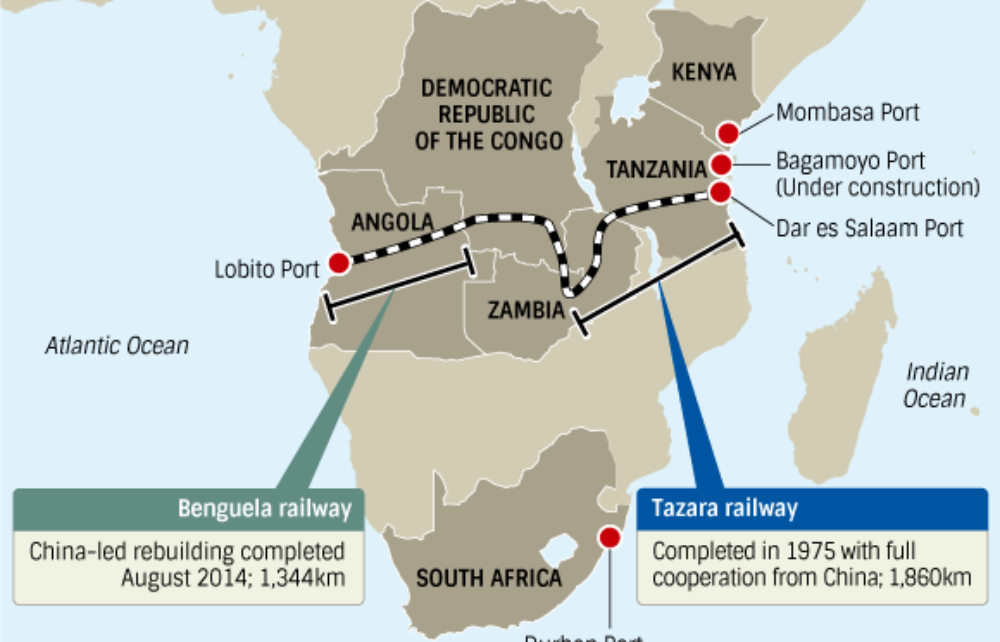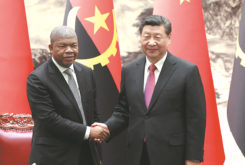Three foreign companies, including one Chinese, are bidding for the concession of the Benguela Railway (CFB), that connects the Angolan coast to the Democratic Republic of Congo and Zambia.
The international public tender for the exploration of the 1,334 kilometers track, rebuilt at a cost of USD 2 billion, also attracted one company from the U.S. and another from Germany, according to the local press.
CBF connects Lobito port to Luau, in the Eastern province of Moxico, and from there to the Democratic Republic of Congo and Zambia.
The winner of the bid will have to invest heavily to rehabilitate the infrastructure and trains, according to the selection committee.
The quality of roads, railways and ports in Angola remains an obstacle to the country’s development, despite large-scale investments made in the last decade, but a new government plan could solve some of the constraints, according to a recent study by consultancy Eaglestone Securities.
Since 2002, it adds, the authorities have made major investments in the rehabilitation of roads, railways, seaports and airports. Public finance data suggest that the government spent more than USD 38 billion on transport infrastructure during 2002-18 with around 70% invested in roads, which on average corresponds to USD 2.3 billion per year and 2.4% of GDP.
Most of the investments were financed by Chinese credit lines that have helped to rebuild and rehabilitate the country’s infrastructure. However, its quality remains an obstacle to the development of Angola, and it continues to impede the movement of people and goods in the country , says the consultancy.
Angolan Transports minister Ricardo Viegas D’Abreu, recently commended the country’s partnership with China in the economic sector, supporting a bigger role for private investors in infrastructure.




